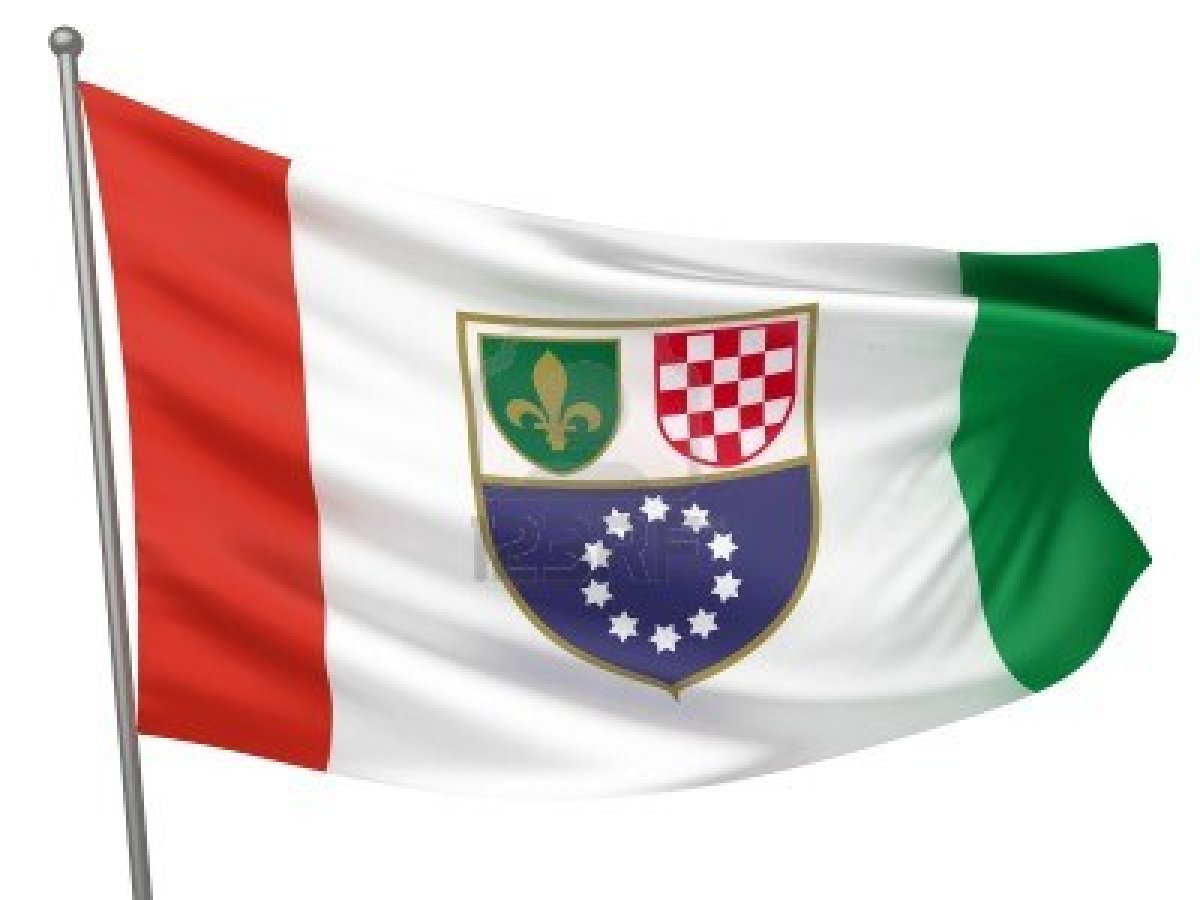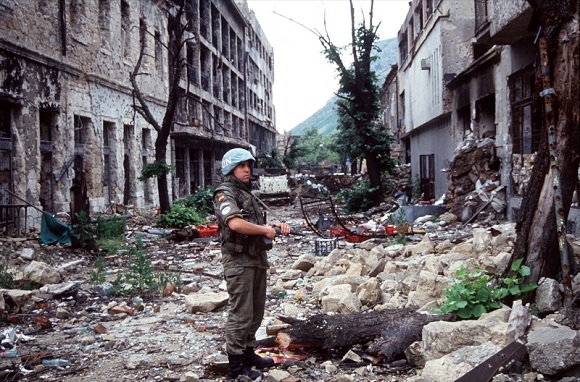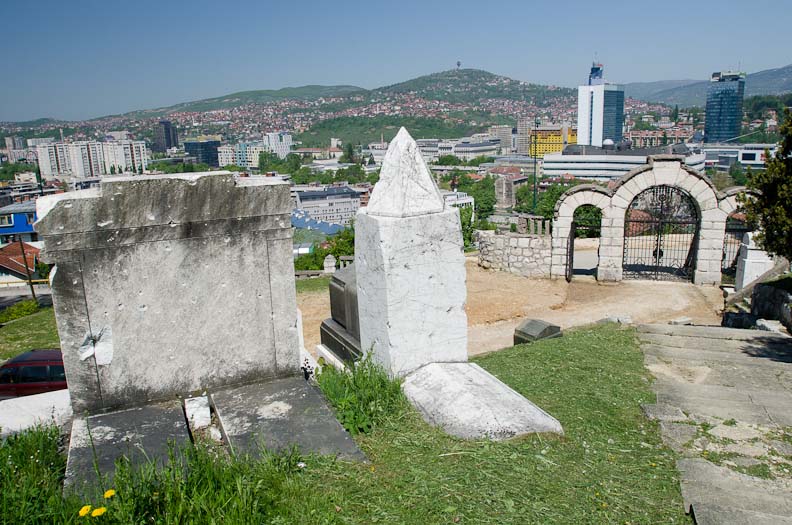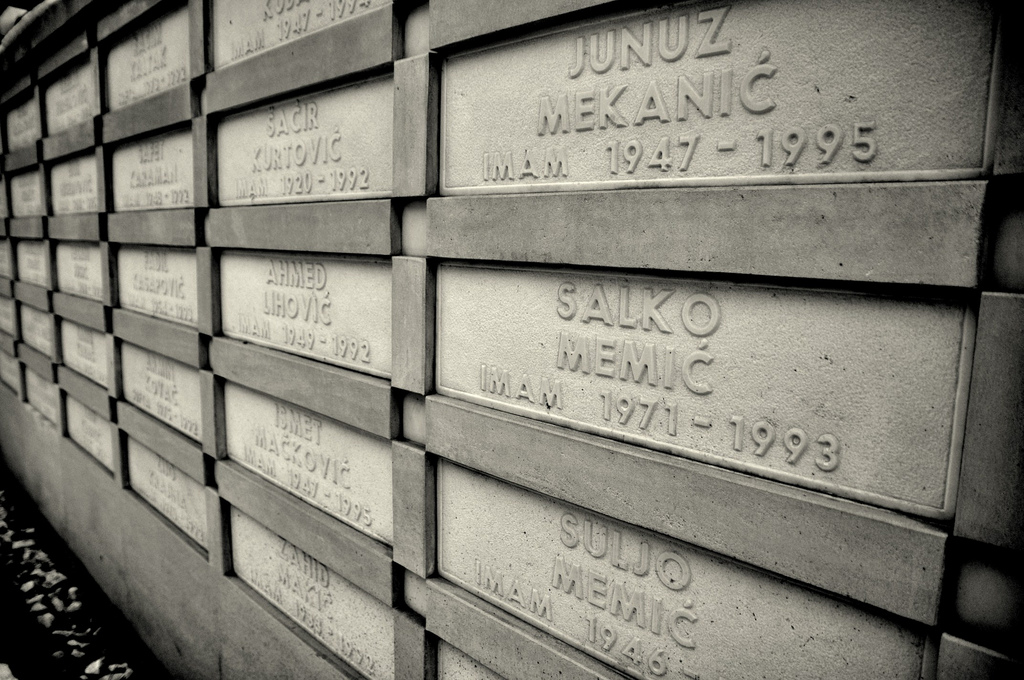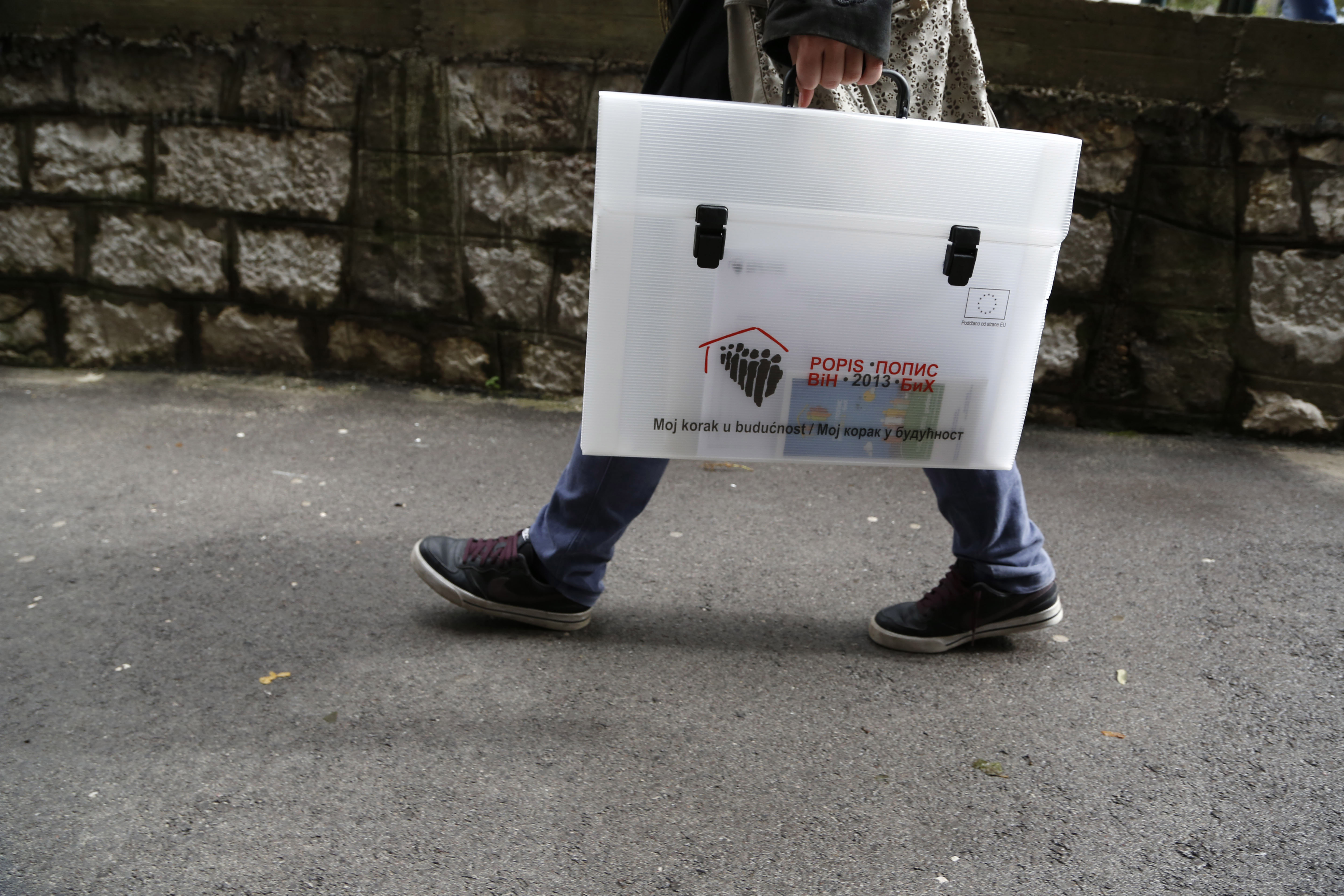Kosovo – what’s so special about borders?
In the 21st Century – and within the context of bringing both countries into the EU – borders need not be impermeable and enclaves of... Read More
Advocating against extremism
As part of its new project, ‘Understanding and combating extremism in Serbia’, TransConflict Serbia organized a training on advocacy campaign development, designed to strengthen responses... Read More
Ethnic stereotypes and national myths
TransConflict yesterday launched its new project, entitled ‘Understanding and combating extremism in Serbia’, which is designed to improve understanding about – and formulate responses to... Read More
Kosovo – Belgrade plays smarter but still with nowhere to go?
The EU-led “dialogue” between Belgrade and Pristina will stall at some juncture because of the failure of the Quint and Pristina to accept a real compromise over the north, one that keeps it within Kosovo but also functionally part of Serbia.
Kosovo – time for reconciliation
TransConflict is pleased to present a report, published as part of the project 'Mediation through Monasteries in Kosovo', which calls for the establishment of a Community Relations Council to strengthen relations between Peć/Pejë municipality and the Patriarchate.
Bosnia’s transitional justice strategy requires political support
Two years after it was commissioned, Bosnia and Herzegovina has a draft Transitional Justice Strategy; however doubts persist as to whether the document will be adopted, despite widespread acceptance of its importance.
Kosovo – the EU’s many voices
The EU's policies in the Western Balkans - particularly vis-a-vis Kosovo - threaten to undermine its credibility as an international actor and raise profound questions about the very future of its burgeoning Common Foreign and Security Policy.
Kosovo – the end of supervision?
Whilst the departing International Civilian Office (ICO) oversaw the writing of many good rules, according to which Kosovo’s institutions were erected or reshaped, it completely neglected to ensure their full implementation.
Dealing with the Michael Collins problem
Along with substantive questions, both Serbia and Kosova continue to grapple with the spoiler problem which underscores – as the unfortunate examples of Ireland’s Michael Collins and Israel’s Yitzhak Rabin demonstrate – the dangers notables face if they prove willing to accept something less than total victory.
Breaking Kosovo’s northern deadlock
A temporary and dynamic model that keeps the north within Kosovo whilst providing northern Serbs a solid degree of self-governance is what both Belgrade and Pristina should strive for, with the international community being prepared to lead a process of drafting and imposing such an agreement.
Bosnia from a peacebuilder’s perspective
Reverend Donald Reeves, a peacebuilder with substantial experience in the Balkans, offers five observations on Bosnia and Herzegovina, emphasising that the intervention of ‘experts’ must be on the invitation of the people themselves.
The Bosnian question
The Dayton deal (messy as it was) created conditions for ruling out certain options and managing the remaining options peacefully, thereby enabling other, slower processes... Read More
Bosnia’s ragged demise
With international interest in the country having dissolved, Bosnia and Herzegovina’s politicians can now start pulling apart the political architecture imposed by the US Government at Dayton, bringing the state ever closer to irretrievable collapse.
Recognizing Bosnia’s constituent ethnic identities
A solution for Bosnia and Herzegovina is to be found in the progressive development of an enlightened, conflict-transformative civic culture that recognizes the country's constituent ethnic identities along the lines of the Dayton Constitution and treats them in a non-discriminatory fashion.
A Bosnian tragedy – expert advice, elite consensus
n response to recent articles by Charles Crawford and Dražen Pehar, Jasmin Mujanović calls for a true politics of exchange, of dialogue and the embrace of the ideal of difference as Bosnia and Herzegovina’s penultimate strength, not its fatal flaw.
Bosnia – identity should go hand-in-hand with reconciliation
A Ugandan perspective on the problems faced by Bosnia and Herzegovina, calling for the country's citizens to build a new relationship amongst themselves; based upon a real understanding of each other’s respective needs, fears and aspirations.
Bosnia – fully ripe for another war?
The inter-relationship between the international community’s high representative, Alija Izetbegović and the issue of constitutional interpretation helps provide important answers to the question of what... Read More
Bosnia – the international community and the role of ‘experts’
Even if we accept that the international community had to act pragmatically in imposing the Dayton Accords and Bosnia-Herzegovina’s constitution, the current criticisms cannot merely... Read More
Reactionary Bosnia apologist refuses to apologise
As part of an on-going debate on constitutional reform in Bosnia-Herzegovina, Charles Crawford explains how the much-criticized Dayton constitution drew directly upon the political traditions and legal forms that existed previously in the former Yugoslavia.
Kosovo – what role for the UN?
The UN should play the lead role in negotiations between Belgrade and Pristina - or at least serve as a neutral umpire - as the continuing Kosovo status dispute cannot be settled through the one-sided approach so far pushed by the Quint.
Reactionary apologetics – the curious case of Bosnia’s “international partners”
In response to Charles Crawford’s article on ‘Bosnia’s irreconcilable principles’, Jasmin Mujanović refutes proposals for some sort of confederation and reasserts the need to strengthen... Read More
Bosnia’s irreconcilable principles
A response to Jasmin Mujanović's recent article, examining the irreconcilable principles that explain the Dayton Peace Accords and which suggest that, for now, some sort of confederation is the best possible outcome for Bosnia and Herzegovina.
Ireland and Kosovo
Elements of the Irish-English settlement may offer a model for how a Kosovar-Serbia deal might be made, including recognition that the creation of an ethnic state cannot proceed peacefully on the back of forcing an ethnic minority to join.
Constitutional reform in Bosnia – the democratic alternative
Insisting that chauvinist oligarchs produce substantive democratic reforms is a fool’s errand and it boggles the mind that this has been the guiding mantra of... Read More
Kosova/Kosovo – is there a deal here?
The chance of a meaningful outcome to the next round of political negotiations depends on Serbian and Kosovar protagonists taking responsibility for negotiations away from US, EU and Russian overseers.



